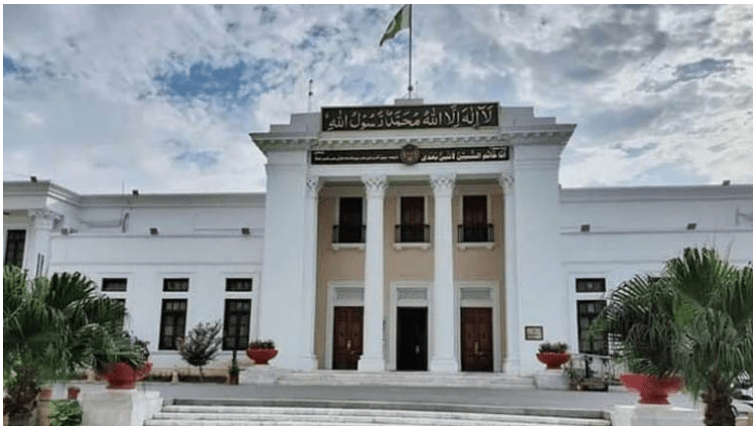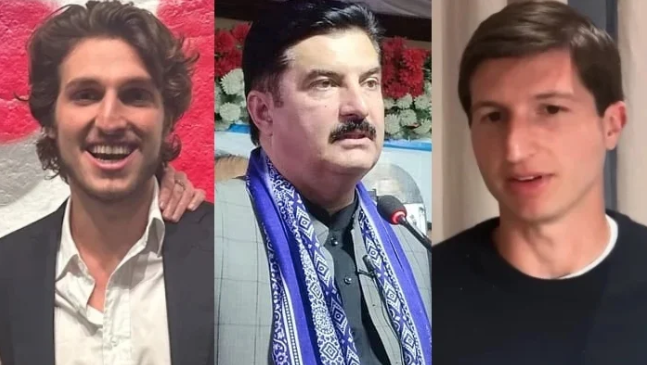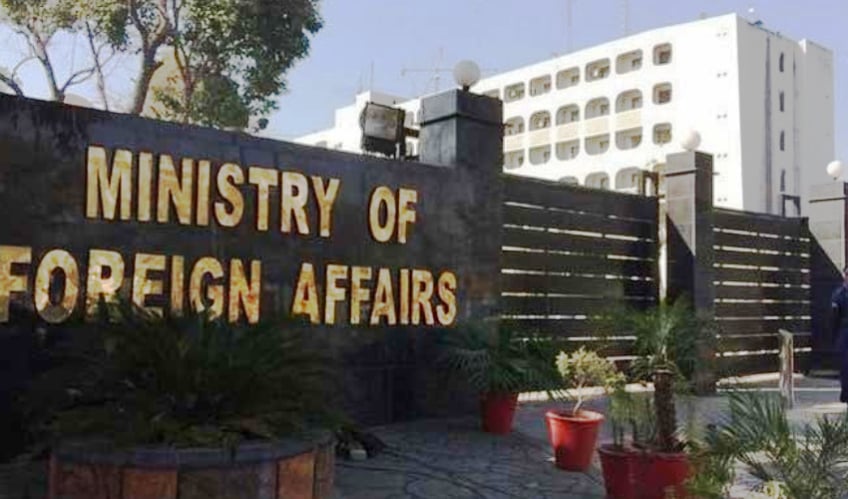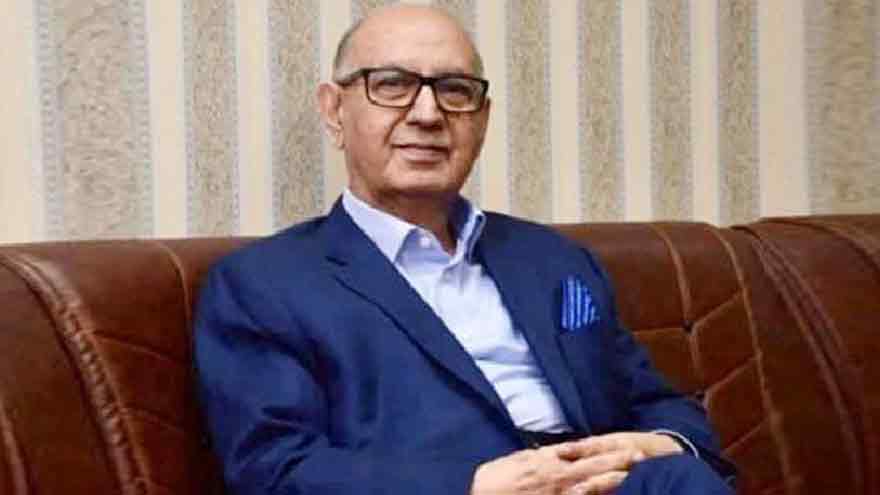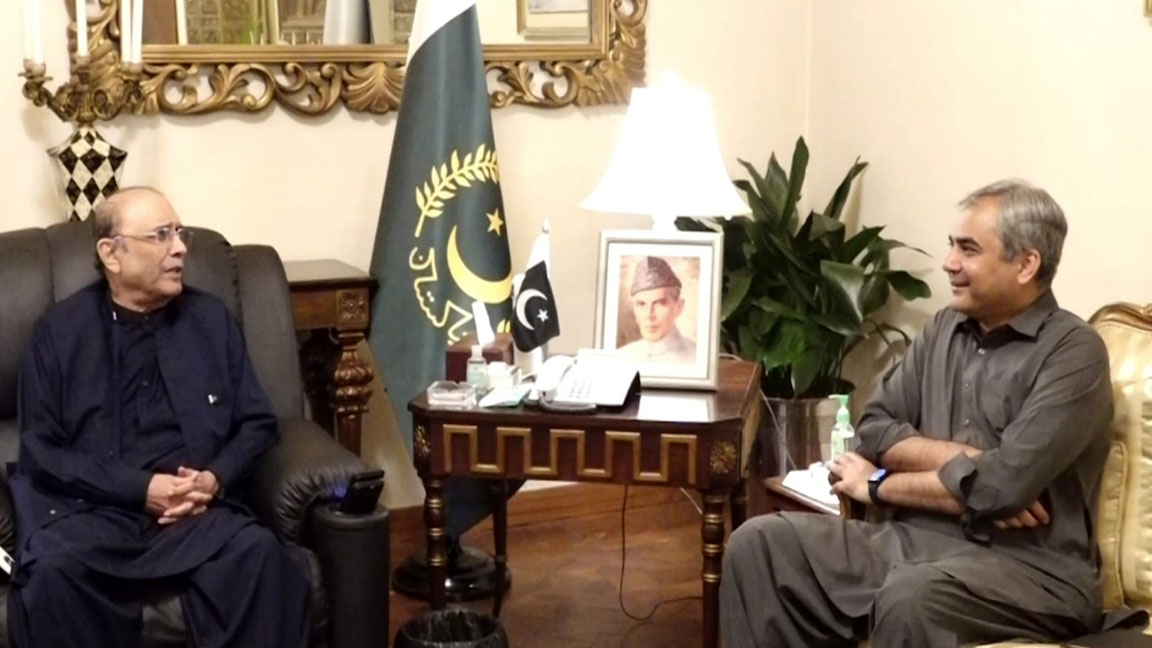POLITICS & POLICY MAKING
India Can't Digest Peace: Ishaq Dar Says Pakistan-India Ceasefire Holding Despite Political Tensions
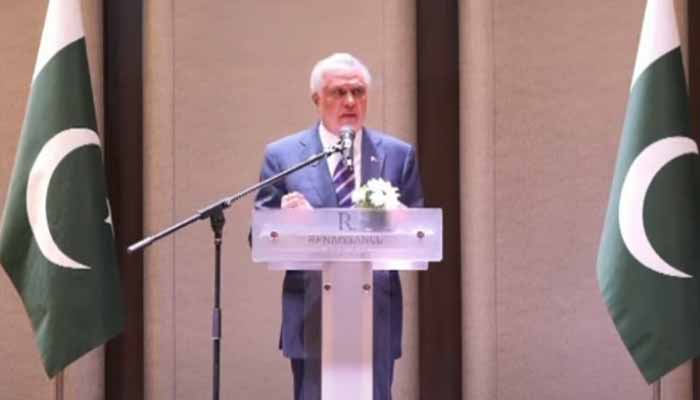
Pakistan’s Deputy Prime Minister and Foreign Minister Ishaq Dar said on Thursday that the military-to-military ceasefire between Pakistan and India is “going well” — but it remains a bitter pill for India’s political leadership.
Speaking at a ceremony in the Malaysian capital, Dar outlined Pakistan’s evolving stance on regional security and economic goals while also issuing a stern warning to India over recent provocations, including the Indus Waters Treaty.
Ceasefire Holding, Political Friction Remains
“The ceasefire between our militaries is holding strong, but India’s political elite is finding it hard to digest,” Dar told the audience. He revealed that the war started by India had to be concluded at India’s request, as confirmed by a phone call from the U.S. Secretary of State at 8:15 AM the day of the ceasefire.
He claimed both armies had repositioned and that Pakistan’s missile program serves as a deterrent and national shield.
Rafale Jets and Missile Intrusions
Dar further asserted that the Pakistan Air Force had downed six Indian aircraft during heightened tensions, including four Rafale jets — India’s pride in aerial combat.
He also alleged that India deliberately fired two missiles at its own Sikh population during the conflict, a narrative he said failed to gain traction internationally.
Indus Waters Treaty Fallout
Dar harshly criticized India’s suspension of the Indus Waters Treaty, calling it “strange and isolating.” He asserted that India cannot stop or alter the course of Pakistan’s water, and in retaliation, Pakistan closed its airspace to Indian airlines.
“We responded forcefully. India is now isolated on the global stage,” he said.
Vision for Economic Growth
Despite ongoing regional tensions, Dar struck an optimistic tone regarding Pakistan’s economic future. “We took off in difficult economic conditions, and now our aim is to take Pakistan into the G20,” he stated.
Caution Over Afghan Policy
In a brief yet pointed remark, the Deputy PM criticized past engagement with Afghanistan, stating:
“Going to Kabul just to have tea and opening borders to terrorists brought us damage.”
Dar’s comments come at a time when regional geopolitics are shifting rapidly, with Pakistan facing external pressures and internal challenges. His statements signal a renewed posture of strategic assertiveness from Islamabad, both diplomatically and militarily.
